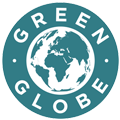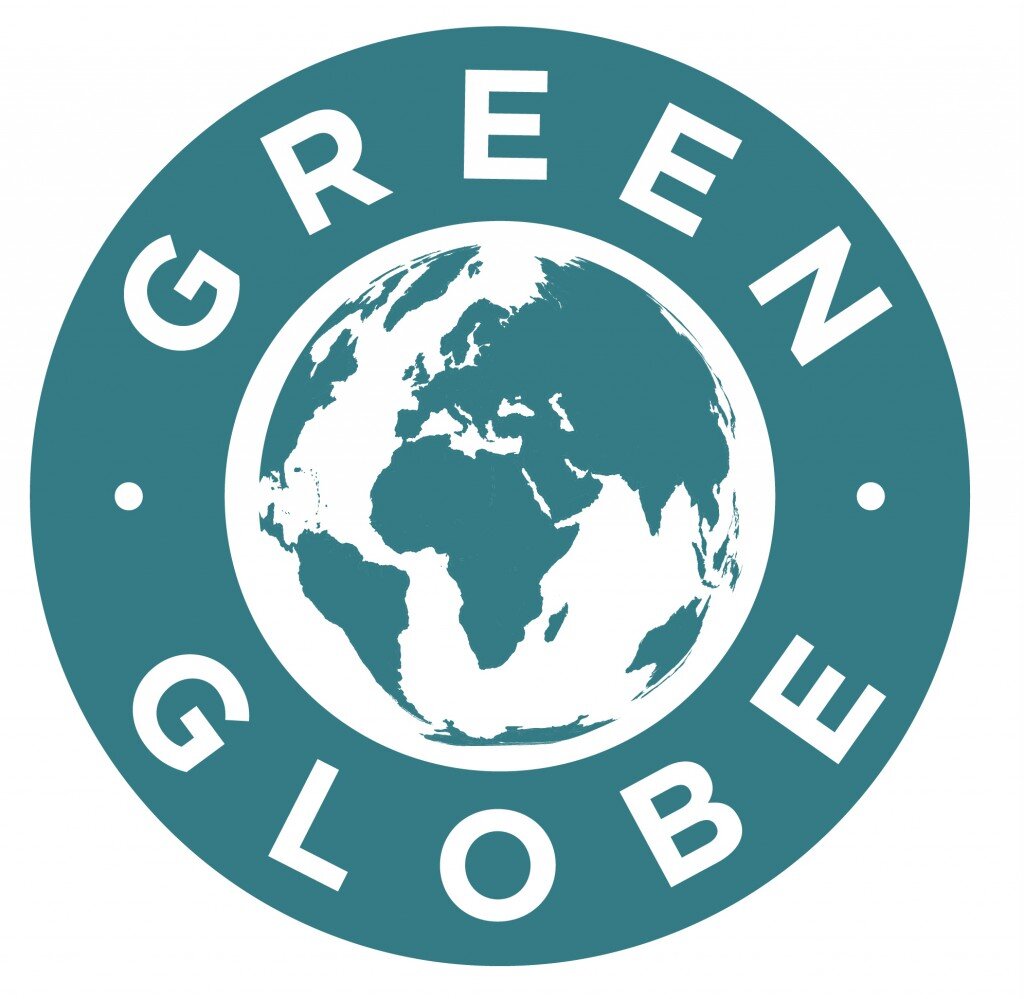Green Globe Recertifies The German National Tourist Board For 8th Year
The German National Tourist Board (GNTB) was recertified as a Green Globe organisation for the eighth successive year in 2020, retaining its Gold status in the Green Globe programme.
Petra Hedorfer, Chief Executive Officer of the GNTB said, “One of the consequences of the COVID-19 pandemic is that travellers around the world are now much more concerned about sustainability. In a recent study conducted by IPK International in October 2020, 80 per cent of respondents in Germany’s key source markets said that they thought COVID-19 would lead to more sustainability in tourism. This shows that our long-standing commitment to sustainability has been the right approach to take. Gold status in the Green Globe programme confirms that the GNTB is setting a good example by embedding sustainability as a significant facet in the core Destination Germany brand.”
In 2020, the GNTB expanded its commitment to sustainability with specific measures.
Business intelligence:
The GNTB has stepped up its own market research into sustainability and incorporated further analyses of internationally available data. These form the basis for measuring the success of previous activities in the international market, and for developing and positioning new marketing activities in the relevant source markets. According to the Destination Brand 20 market research survey, interest in sustainable holidays has significantly increased in the key source markets of Switzerland, Austria and the Netherlands compared to 2018.
Growing general (i.e. irrespective of destination) interest in ‘sustainable holidays / sustainable travel (kind to nature, environmentally friendly, fair from an economic and social standpoint)’.
DESTINATION BRAND 18 DESTINATION BRAND 20
Number of interviewees in DB20: 1,000 each in AT, CH and NL;
number of interviewees in DB18: 2,000 in AT, 3,000 each in CH and NL;
source: inspektour (international) GmbH I German Institute for Tourism Research at FH Westküste University of Applied Sciences, 2018 and 2020.
Marketing campaigns
Through its new Feel Good communication campaign, the GNTB drew potential visitors’ attention to exemplary sustainable offerings in Germany. The campaign was designed to increase consumer awareness of sustainable travel and was rolled out in autumn in Germany’s neighbouring countries of Denmark, the Netherlands, Belgium, France, Switzerland and Austria via the GNTB’s Facebook and Instagram channels. It reached almost nine million potential travellers to Germany and generated 57 million impressions on the GNTB’s channels. The campaign will be continued in an expanded form in 2021 and extended to other markets.
The content of other campaigns, including German Summer Cities, was geared even more strongly towards sustainability, for example by incorporating the green areas surrounding urban centres.
Other marketing activities
As part of a campaign celebrating the 250th anniversary of Ludwig van Beethoven’s birth, the GNTB created a successful digital project featuring augmented reality as a particularly green advertising measure for international PR events. By making event participants’ smartphones part of the campaign, virtual ‘photo sessions with the artist’ could be offered without high material costs for photo booths, for example.
Carbon Offsetting
As part of its internal sustainability initiative, the GNTB offset 243,396kg of carbon emissions generated by necessary business trips in 2019 through payments to atmosfair.
The GNTB shared its expertise on sustainability at numerous national and international trade events, including the panel discussion ‘How do we build back better post COVID-19’ at the World Travel Mart, the ‘Future day for sustainability’ organised by Tourismuszukunft and the online workshop on ‘Visitor management and sustainable transport at destinations’ organised by Kompetenzzentrum Tourismus. The GNTB was also involved in a digital future camp run by the German Tourism Association (DTV) on the subject of ‘Travel behaviour during and after the coronavirus crisis’ and organised a webinar for GNTB members and partners on barrier-free travel.
Three-pillar strategy for sustainability
The GNTB has built up its expertise in the field of sustainability through a three-pillar strategy. The first pillar is the development of specific sustainable offerings and projects. The GNTB makes its knowledge available to partners, members and sponsors in various formats, and brings together the expertise that exists within its network. Through the second pillar, the communications strategy, the GNTB enshrines sustainability in the core brand, for example by focusing its theme-based marketing and using all available marketing tools. The GNTB regularly showcases the high standards achieved by Destination Germany at international workshops and conferences. The third pillar is the internal sustainability initiative, which brings together all activities relating to sustainability in which the organisation itself is involved.
About the GNTB
The German National Tourist Board (GNTB) is Germany’s national tourism organisation. It works on behalf of the Federal Ministry for Economic Affairs and Energy (BMWi) to represent Germany as a tourist destination and is funded by the Ministry in accordance with a decision taken by the German Bundestag. Working closely with the German travel industry and private-sector partners and trade associations, the GNTB develops strategies and marketing campaigns to promote Germany’s positive image abroad as a tourist destination and to encourage tourists to visit the country.
The GNTB has a three-pronged recovery strategy for overcoming the challenges of the COVID-19 pandemic:
- Raising awareness of the Destination Germany brand and enhancing the brand profile
- Supporting the travel industry, which is dominated by small and medium-sized businesses,through relationship management and the sharing of knowledge
- Developing evidence-based action plans on the basis of targeted market research and ongoing analysis of the impact of coronavirus.
During this crisis, the GNTB is using countercyclical marketing to maintain dialogue with customers, it is reflecting changing preferences in its communications, and it is showing empathy and providing inspiration.
Focus on digitalisation and sustainability
The GNTB promotes forward-looking and sustainable tourism in line with the objectives of the German government. The focus here is on digitalisation and sustainability. The GNTB is a pioneer when it comes to using immersive technologies (virtual, augmented and mixed reality), voice assistants and other conversational interfaces, and artificial intelligence applications such as chatbots. To ensure that tourism offerings are visible on AI-based marketing platforms, the GNTB coordinates the German tourism industry’s open-data project, which aims to develop a tourism knowledge graph.
Sustainability has been a core overarching topic for more than a decade and we engage with it as a strategic issue across all areas of the organisation. Our organisation follows a three-pillar strategy that combines the sharing of knowledge with external partners and a supporting communications strategy with our internal sustainability initiative. The GNTB promotes responsible tourism, a key growth area, by showcasing Germany as a sustainable and inclusive destination in the international travel market. This is particularly important as the COVID-19 pandemic has accelerated the global shift in travellers’ values towards greater social and environmental responsibility.
The GNTB has 27 foreign agencies that cover more than 40 markets around the world. Its head office in Frankfurt, Germany, is home to strategic departments such as Business Intelligence, Business Development and Brand Communications for Destination Germany.
Press contact:
German National Tourist Board
Martina Binhack
Head of Press and Public Affairs
Beethovenstrasse 69
60325 Frankfurt am Main, Germany
Tel: +49 69 97464-262
Email: presse@germany.travel




